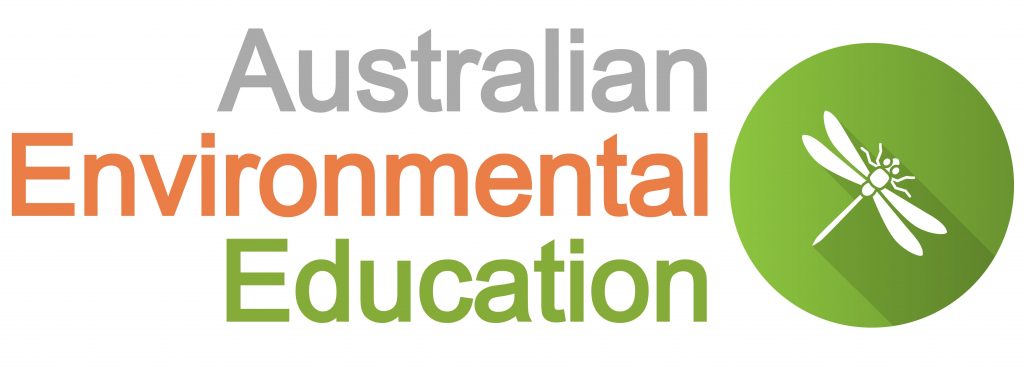Learning across the curriculum content, including the cross-curriculum priorities and general capabilities, assists students to achieve the broad learning outcomes defined in the NESA K–10 Curriculum Framework and Statement of Equity Principles and in the Melbourne Declaration on Educational Goals for Young Australians (December 2008).
Cross-curriculum priorities enable students to develop understanding about and address the contemporary issues they face. The cross-curriculum priorities are:
- Aboriginal and Torres Strait Islander histories and cultures
- Sustainability
General capabilities encompass the knowledge, skills, attitudes and behaviours to assist students to live and work successfully in the 21st century. The general capabilities are:
- Critical and creative thinking
- Ethical understanding
- Information and communication technology capability
- Intercultural understanding
- Literacy
- Numeracy
- Personal and social capability
The NESA syllabuses include other areas identified as important learning for all students:
- Civics and citizenship
- Difference and diversity
- Work and enterprise
Learning across the curriculum content is incorporated, and identified by icons, in the content of the Geography K–10 Syllabus in the following ways.
Aboriginal and Torres Strait Islander histories and cultures
The study of Geography provides valuable opportunities for students to understand that contemporary Aboriginal and Torres Strait Islander communities are strong, resilient, rich and diverse. It emphasises the relationships people have with places and their interconnections with the environments in which they live. The study of Geography integrates Aboriginal and Torres Strait Islander Peoples’ use of the land, governed by a holistic, spiritually based connection to Country and Place, with the continuing influence of Aboriginal and Torres Strait Islander Peoples on Australian places, and in environmental management and regional economies. Students learn that there are different ways of thinking about and interacting with the environment and how this can influence sustainable development.
Sustainability
The study of Geography enables students to develop the knowledge, understanding, skills, values and attitudes necessary for them to act in ways that contribute to more sustainable ways of living. Students recognise sustainability as focusing on protecting environments and creating a more ecologically and socially just world through informed action. They acknowledge that developing more sustainable ways of living requires consideration of environmental, social, cultural and economic systems and their interdependence.
In Geography, students examine the effects of human activities on environments and how challenges to sustainability, and strategies to address these, vary from place to place. Students evaluate these strategies to determine their effects on environments, economies and societies and how they contribute to actions that support more sustainable ways of living.
Critical and creative thinking
In Geography, students develop critical and creative thinking as they investigate geographical information, concepts and ideas through inquiry-based learning. They develop and practise critical and creative thinking by using strategies that help them think logically when evaluating and using evidence, testing explanations, analysing arguments and making decisions, and when thinking deeply about questions that do not have straightforward answers. Students learn the value and process of developing creative questions and the importance of speculation. Students are encouraged to be curious and imaginative in investigations and fieldwork and to think creatively about the ways that the places and spaces they use might be better designed, and about possible, probable and preferable futures.
Ethical understanding
In Geography, students develop ethical understanding as they identify and investigate the nature of ethical concepts, values, character traits and principles, and understand how reasoning can assist ethical judgement. Ethical understanding involves students in building a strong personal and socially oriented ethical outlook that helps them to manage context, conflict and uncertainty, and to develop an awareness of the influence that their values and behaviour have on others.
Geography supports students to develop their own ethical understanding as they investigate current geographical issues and evaluate their findings against the criteria of environmental protection, economic prosperity and social advancement. These criteria raise ethical questions that students explore to develop informed values and attitudes and become aware of their own roles and responsibilities as citizens.
When undertaking fieldwork, students learn about ethical procedures for investigating and working with people and places. When thinking about the environment, students consider their responsibilities to protect other forms of life that share the environment.
Information and communication technology capability
Students develop ICT capability by maximising use of the technologies available to them, adapting as technologies evolve and limiting the risks to themselves and others in a digital environment. Students locate, select, evaluate, communicate and share geographical information using digital and spatial technologies. They explore the effects of technologies on places, on the location of economic activities and on people’s lives and understand the geographical changes produced by the increasing use of technology.
Literacy
In Geography, students develop literacy capability as they explore, discuss, analyse and communicate geographical information, concepts and ideas. They use a wide range of informational and literary texts, for example, interviews, reports, stories, photographs and maps, to help them understand the people, places and environments that make up the world. They learn to evaluate texts and recognise how language and images can be used to make and manipulate meaning.
Students develop literacy skills as they use language to ask distinctively geographical questions. They plan a geographical inquiry, acquire and process information, communicate their findings, reflect on their inquiry and respond to what they have learned. Students progressively learn to use Geography’s scientific and expressive modes of writing and the vocabulary of the discipline. They learn to comprehend and compose graphical and visual texts through working with maps, visual representations and remotely sensed and satellite images.
Numeracy
Students develop numeracy capability as they investigate concepts fundamental to Geography, including the effects of location and distance, spatial distributions and the organisation and management of space within places. They apply numeracy skills in geographical analysis by counting and measuring, constructing and interpreting tables and graphs, calculating and interpreting statistics and using statistical analysis to test relationships between variables. In constructing and interpreting maps, students work with numerical concepts of scale, distance and area.
Personal and social capability
Students develop personal and social capability as they engage in geographical inquiry, and learn how geographical knowledge informs their personal identity, sense of belonging and capacity to empathise with others, as well as offering opportunities for contributing to their communities.
Inquiry-based learning assists students to develop their capacity for self-management. It gives them a role in directing their own learning and in planning and carrying out investigations. It provides opportunities to express and reflect on their opinions, beliefs, values and questions appropriately. This enables them to become independent learners who can apply geographical understanding and skills to decisions they will have to make in the future. Through working collaboratively in the classroom and in the field, students develop their interpersonal and social skills, and learn to appreciate the different insights and perspectives of other group members.
Civics and citizenship
As students engage in learning in Geography, they will develop the knowledge, understanding, skills, values and attitudes for responsible, informed and active participation in Australian society and as global citizens. Students explore ways they can shape their lives, value their belonging in a diverse and dynamic society, and positively contribute at a range of scales. Active citizens support democratic participation, foster individual and group involvement in civil society, critically question existing political institutions and social, economic and political arrangements, and facilitate democratic change.
Students learn to participate in decision-making and to exercise critical judgement about political issues. Comparisons with other civil societies enrich their understanding of the nature of democracy in Australia and in other countries. Students examine the role of citizens in the context of government systems and institutions as well as political and social life in Australia and other countries.
Difference and diversity
Geography is well placed to develop students’ knowledge and understanding of the difference and diversity amongst people within and between communities. They learn to identify and empathise with the varying perspectives of individuals and groups and attempt to understand the actions, values, attitudes and motives of people. Students are encouraged to value difference and to challenge social injustice that is caused by attitudes to difference. Students are encouraged to investigate how diversity contributes to a sense of community and identity, including national identity.
Work and enterprise
Geography develops students’ knowledge and understanding of employment as a factor contributing to patterns of internal and international migration. Students also recognise the role of employment in human wellbeing and development. Students explore the impact on people, places and the environment of business activities, including trade connections on local and global scales, the effect of production and consumption on the environment, and sustainable business practices. Students also learn how organisations in Australia and overseas have a role in community action, such as environmental protection and conflict over land use.
See the NESA website for full details. https://educationstandards.nsw.edu.au/wps/portal/nesa/k-10/learning-areas/hsie/geography-k-10/learning-across-the-curriculum

